Dental Deep Cleaning in Chiang Mai – Cost and Experience
Dental Deep Cleaning in Chiang Mai – Cost and Experience
Thinking about getting a dental deep cleaning in Chiang Mai? Good call. The city isn’t just famous for coffee and mountain views; it’s also known for friendly clinics, fair pricing, and a relaxed vibe that makes dental visits feel a lot less stressful. If your gums bleed when you brush, you’ve noticed stubborn tartar along the gumline, or your dentist has mentioned “pockets,” a deep cleaning—also called scaling and root planing—might be exactly what you need.
What deep cleaning actually involves
A deep cleaning goes beyond the regular scaling you might get during a routine check-up. Instead of just removing surface plaque and tartar, the dentist or hygienist cleans below the gumline and smooths the roots to help your gums reattach. It’s usually done in sections (quadrants), sometimes over two visits, and may involve local anesthesia so you stay comfortable. Expect ultrasonic tools to break up hard deposits and hand instruments to fine-tune the areas around the roots. If your gum pockets are 4 mm or deeper, deep cleaning is often recommended.
Typical cost in Chiang Mai
Prices in Chiang Mai tend to be lower than in Bangkok and most Western countries, while quality is still good. Final costs depend on how many quadrants you need, the severity of gum issues, and whether X-rays or follow-up visits are required.
- Consultation and exam: 300–600 baht
- X-rays: 300–800 baht per small film; 1,000–1,800 baht for a panoramic
- Deep cleaning (scaling and root planing): 1,800–3,500 baht per quadrant
- Full-mouth deep cleaning (four quadrants): roughly 7,000–14,000 baht
Some clinics quote a package price that includes anesthesia and a follow-up polish. If you only need a regular cleaning (no root planing), the fee is usually 800–2,000 baht. Prices vary by clinic and the dentist’s experience, so it’s normal to request a treatment plan and written quote before starting.
Where to go and what to expect
You’ll find reputable clinics around the Old City, Nimman, and along major roads like Huay Kaew and Suthep. Many welcome walk-ins, but it’s better to book ahead, especially in high season. Staff generally speak good English, and the reception is warm—think air-con waiting rooms, a quick “sawasdee ka/krub,” and a consent form to sign. You may be asked to remove your shoes and use a provided slipper; it’s very Chiang Mai and very normal.
Your visit usually looks like this:
- Check-in and short medical history
- Gum assessment with a periodontal probe
- X-rays if needed
- Numbing gel or local anesthetic for comfort
- Ultrasonic scaling under the gums
- Root planing with hand instruments
- Rinse, polish, and post-care instructions
- Scheduling the next quadrant if it’s a multi-visit plan
Does it hurt?
Most people say it’s “not bad at all” once the area is numb. You may feel pressure and a bit of vibration from the ultrasonic scaler. Sensitive spots can sting slightly, but the dentist can top up anesthesia. Afterward, expect mild tenderness for a day or two—nothing a simple

over-the-counter pain reliever and saltwater rinses can’t handle.
How long does it take?
Plan on 45–90 minutes per quadrant, depending on tartar buildup and pocket depth. Many clinics prefer to do two quadrants in one session (one side of the mouth), so you may be in the chair for around 90 minutes and then return within a week for the other side. If your case is mild, you might be done in a single visit.
Aftercare tips Thai-style
- Skip sticky rice and tough grilled meat for a day if your gums feel sensitive.
- Warm saltwater rinse twice daily helps with healing.
- Hold off on smoking and alcohol for 48 hours to avoid irritations.
- Use a soft brush and gentle pressure; don’t worry, bleeding should reduce quickly.
- Switch to an anti-plaque mouthwash for a week, as advised by your dentist.
- Coffee and tea lovers: be mindful for a day to avoid staining newly cleaned teeth.
How to know you really need it
Signs you shouldn’t ignore:
- Bleeding when brushing or flossing
- Persistent bad breath
- Tartar along the gumline that doesn’t budge with brushing
- Gums pulling away from teeth, or teeth looking “longer”
- A dentist measuring pockets at 4 mm or more
If you’re unsure, book a check-up. Many clinics offer a quick screening and will tell you straight if a regular clean is enough or if deeper work is required.
Choosing the right clinic
- Ask about sterilization standards and whether they use disposable packs and autoclave.
- Check if a licensed dentist or a trained hygienist is doing the procedure.
- Request a clear breakdown: number of quadrants, anesthesia, X-rays, and follow-up.
- Read recent reviews from expats or travellers; Chiang Mai has plenty of options with solid feedback.
- If you have diabetes or are pregnant, mention it—your care plan may be adjusted.
Payment and insurance
Most clinics take cash or card. Travel insurance rarely covers dental unless it’s an emergency, and Thailand’s local medical insurance sometimes includes dental riders with limits per visit. If you’re an expat with international coverage, bring your documents; many clinics can provide a receipt with procedure codes for claims.
A real-world feel
The overall experience in Chiang Mai is usually sabai sabai—calm, easy-going, and efficient. The team explains what they’re doing, checks your comfort often, and gives practical advice you can actually follow. You walk out feeling lighter, your gums less inflamed, and your breath fresher. For many, pairing a deep cleaning with a weekend in the Old City or a cafe hop on Nimman feels like smart self-care—good value, minimal stress, and reliable results.
Bottom line
Dental deep cleaning in Chiang Mai is a worthwhile choice if you’ve got gum issues or haven’t had a thorough clean in a while. Prices are transparent, the staff are friendly, and the quality matches what most people expect from modern clinics. Book a consult, get a proper assessment, and go step by step. Your gums will thank you, your wallet won’t cry, and you’ll likely leave saying, “No worries—should have done this sooner.”
 collect
collect
Hospitals included
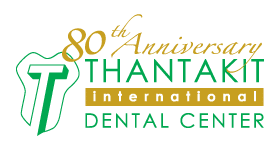
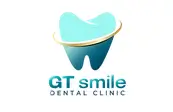


Products included
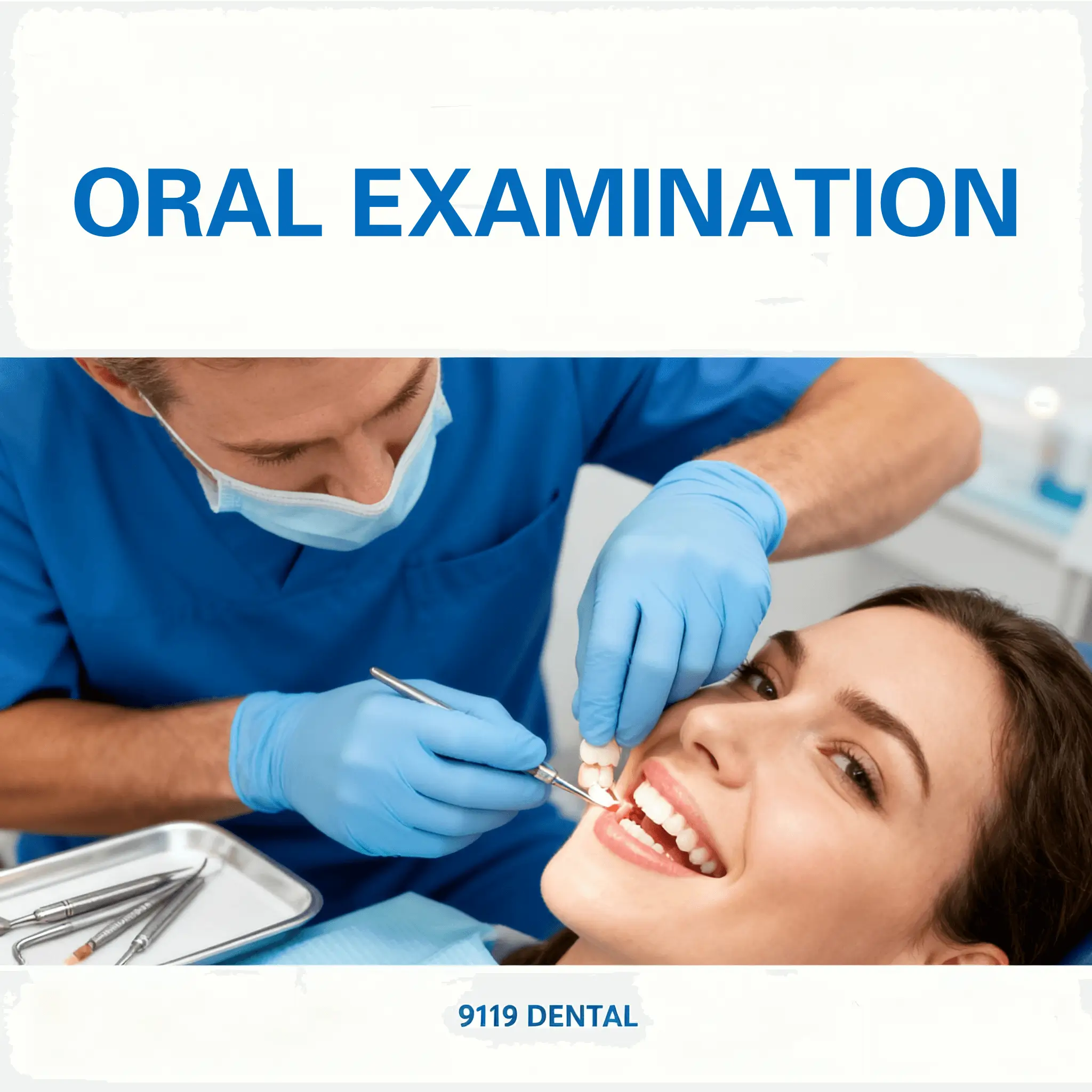
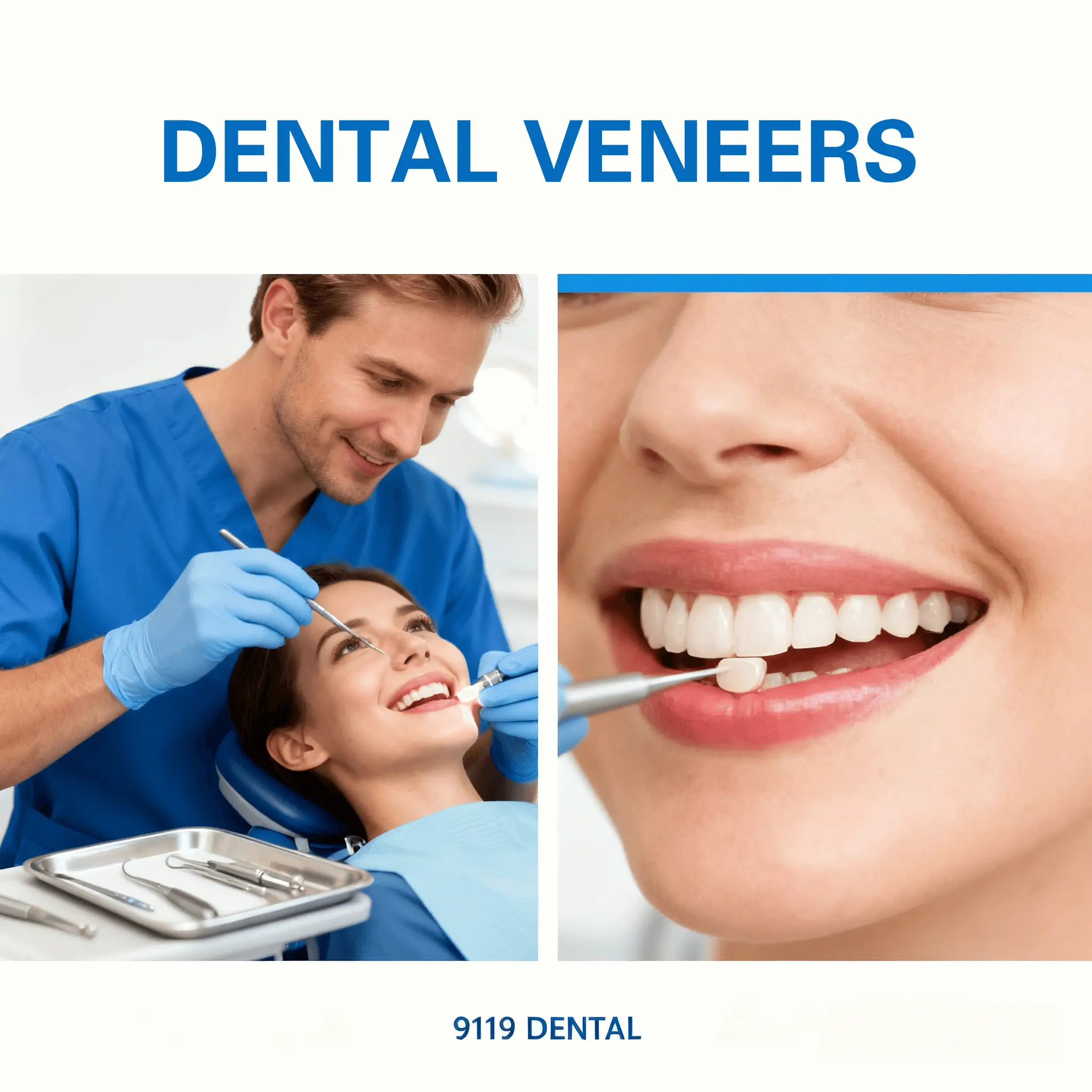
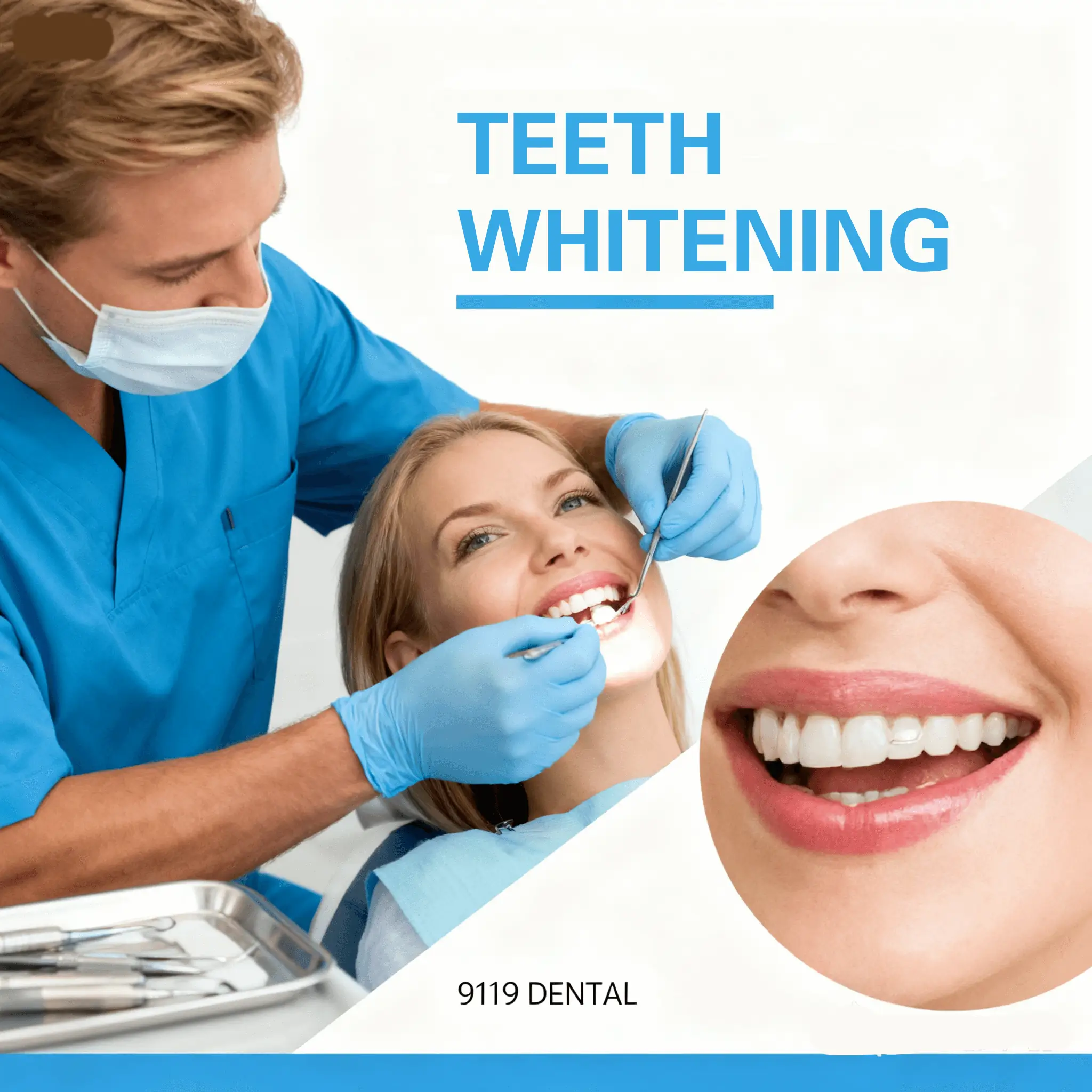
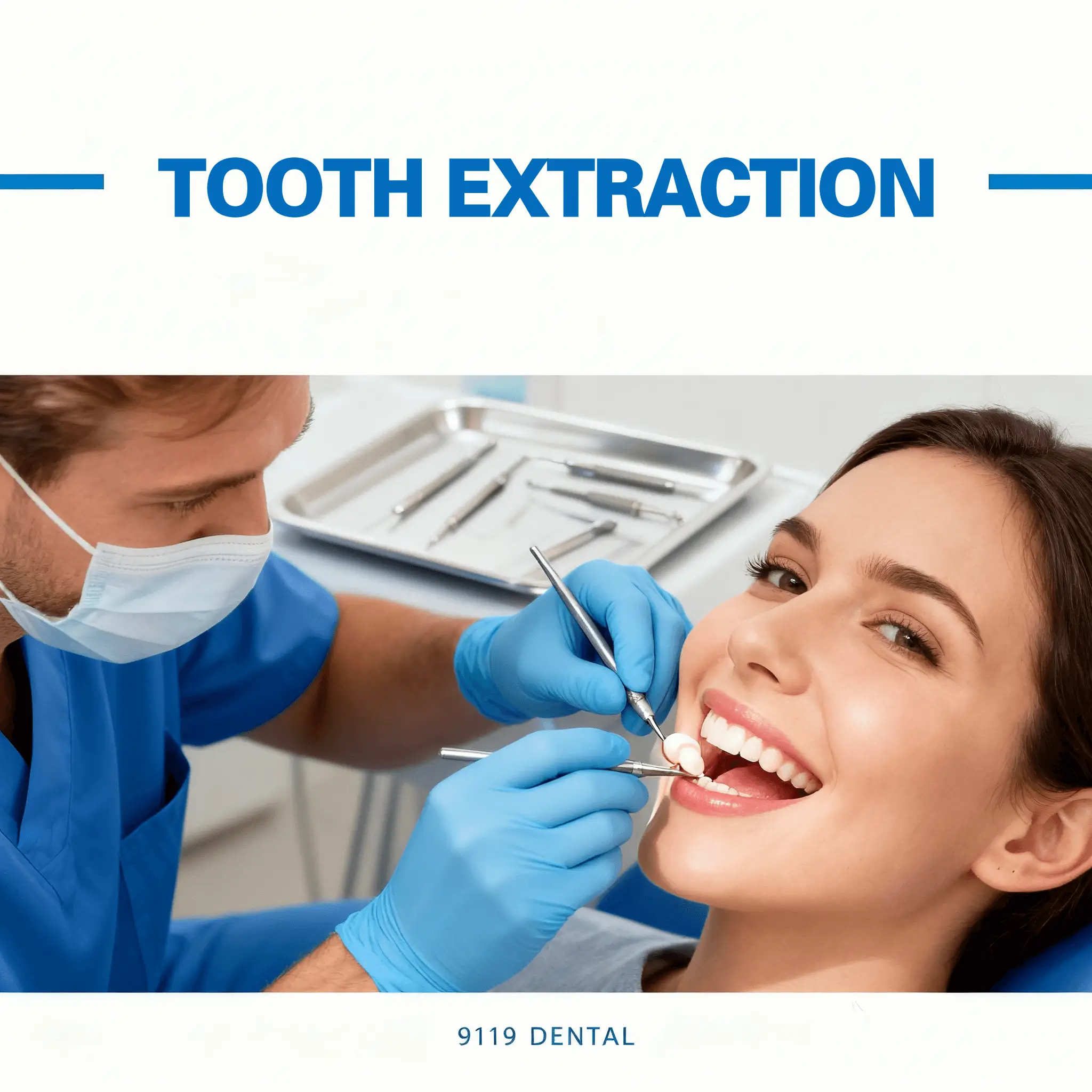
Suggested reads